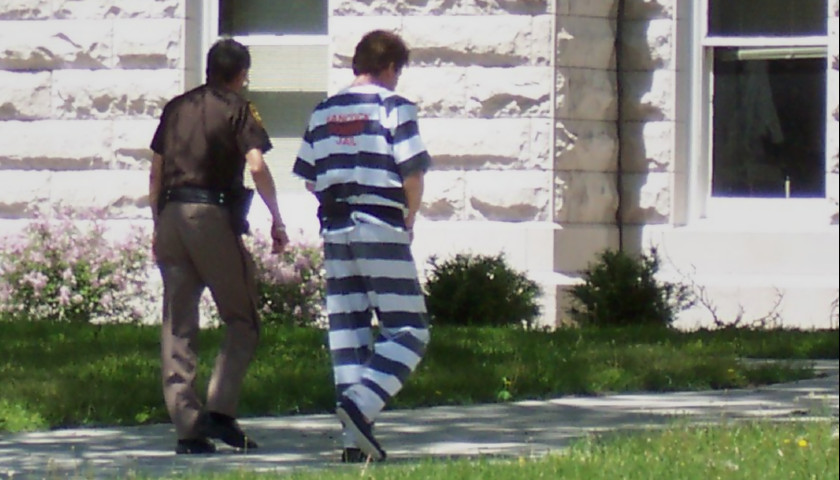The Tennessee Department of Correction (TDOC) is one step closer to contracting with local governments or outside entities and organizations to create community-based incarceration alternatives. These alternatives would include drug treatment and mental health programs.
The House passed a bill encompassing those provisions on Thursday, 89-1. Only State Representative Bruce Griffey (R-Paris) voted against the bill. State Representative Michael Curcio (R-Dickson) and State Senator Jack Johnson (R-Franklin) sponsored the bill.
During the final House floor hearing of the bill, Griffey asserted that there were significant problems with the legislation. Specifically, regarding the revocation of probation based on technical violations. He noted that the bill revokes probation with Class B misdemeanors, which includes prostitution, soliciting prostitution, resisting arrest, engaging in disorderly conduct, public intoxication, reckless driving, or simple assault.
“I submit that what we ought to do is allow our circuit judges – they are in the best position – to evaluate an offender, determine what that offender’s needs are, hear the evidence and the proof based on the violation,” said Griffey.
Curcio responded that judges do have the ability to sentence Class B misdemeanors for a full six months, even as a new offense, under this bill. He added that he worried that Griffey’s amendments would “eviscerate” Governor Bill Lee’s criminal justice reform efforts and its impact on communities.
The policies in question in these bills did not come to us overnight. They’re the result of not one but two years of hard work by a group of stakeholders from every part of the corrections system. They’re the result of tireless efforts by the governor’s task force, they’ve been vetted by members of this legislature through multiple committee hearings and negotiations, and have been signed off on by leadership of this chamber and of the Senate […] These bills, these policies – they’re focused on reducing recidivism, which is the key driver of our prison population.
Curcio assured the Senate that these bills have been thoroughly vetted by individuals statewide. He requested that they table Griffey’s amendments.
In response, Griffey likened these reforms to making the stick holding the carrot into a twig. The Senate voted to table his amendments.
The Senate approved several other amendments which clarified provisions of the bill.
One adopted amendment to the bill removed provisions requiring community-based incarceration alternatives be supervised by TDOC, and clarification that the court retains the authority to alter or revoke the sentence, or place the offender on probation.
Curcio explained that this bill helps non-violent offenders by offering them an alternative to incarceration and instead giving them a path to recovery. He stated that the state has a “raging” problem with mental health and substance abuse.
Curcio stated that the bill would address the discrepancy between having the highest rate of incarceration ever than before and a violent crime rate that is going down.
“We can also make sure that we separate in our minds, again, who we’re mad at versus who we’re afraid of. Because as long as we’re clogging up bed space with folks that we’re mad at, we’re not gonna have enough space for the people that we’re afraid of,” said Curcio. “Tennesseans are no more violent [or] prone to crime than the rest of the nation. Yet, we’re incarcerating 10 percent more than the rest of the country.
A fiscal summary of the bill projected an overall decrease in state expenditures, with a net impact of just over $6.8 million dollars in the first year and over $9 million in all subsequent years. Local revenues were projected to decrease by over $7.4 million in the first year, and just over $9.9 million in all subsequent years.
The estimated fiscal impact analysis noted that Governor Bill Lee’s proposed budget for the upcoming fiscal year marked a recurring decrease in state expenditures totaling $9 million.
The bill awaits scheduling by the Senate Calendar Committee. As it stands, the legislation hasn’t received any opposition in any committee.
– – –
Corinne Murdock is a reporter at The Tennessee Star and the Star News Network. Follow her latest on Twitter, or email tips to [email protected].









This ought make Nashville’s Mayor McCheese happy. Now he can offer alternatives like, full time employment with a Davidson County government job, a free house, pre-paid Uber account, meal card – the sky’s the limit. Haven’t these people suffered enough? /s